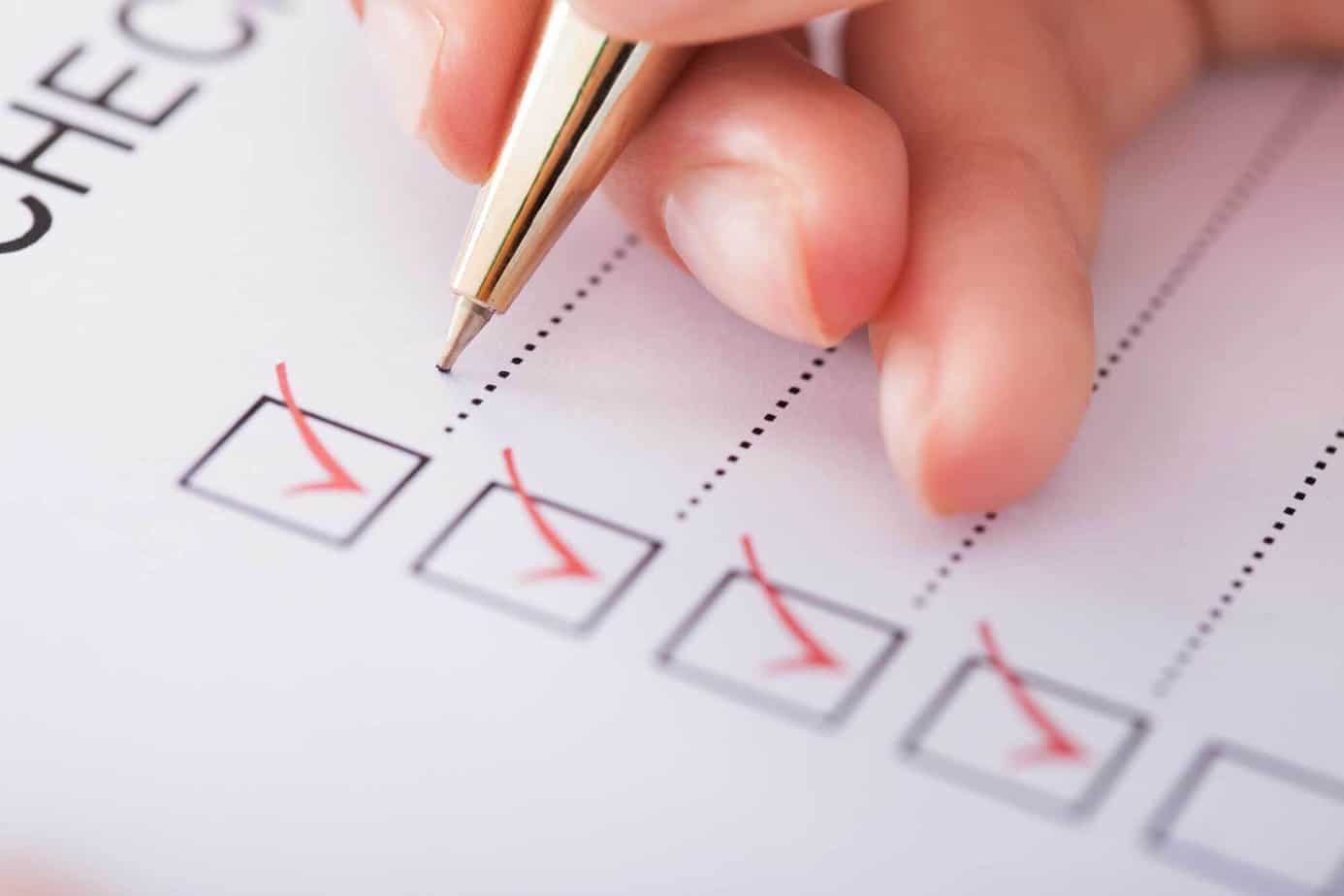One of the hardest things to do is to admit you are struggling with an addiction. Excuses are easier than dealing with the problem. If you have ever used one or more of these excuses when confronted about your drug or alcohol use, you may have a problem.
1. “I’m not hurting anyone else.”
The truth is: you are hurting everyone around you both physically and emotionally while they watch you self-destruct. Your family and friends are trying to cover up or cope with your addiction. If you pay attention, you’ll see them trying to lessen stress, protect you from the consequences of your behavior, deflect attention from your addiction, or ease any tension in the room because of the way you’re acting. Chances are you are so wrapped up in your next fix and where to get it that you don’t see the pain you are inflicting on friends and loved ones.
2. “I can stop any time I want.”
This is a classic excuse people use to try to conceal their alcohol dependency, and if you’re using it, chances are you’re in denial. Ask yourself if any of this sounds familiar:
- You’re being challenged by loved ones because you were fired from your job.
- You were arrested on drug charges, drunk driving, or something related to drugs or alcohol.
- You’ve had to go to the hospital because you overdosed or had some other health crisis.
If you have had any of these problems, you really can’t stop on your own, and you need help.
3. “I have to drink/use drugs in order to get ahead at work.”
You’re not getting ahead; your career is actually suffering from your drug or alcohol use. Drugs and alcohol cloud judgment and cause a work slowdown in your brain, limiting what you can do. You may not notice it, but your coworkers (and inevitably your boss) do. If you are using (even a little bit) at work, you have a problem.
4. “I don’t drink/use as much as THAT guy. Now he has a problem.”
Yes, the person you’re pointing out may have a problem – maybe even a serious one. But why do you feel compelled to point that out? Is it because you’re trying to draw attention away from your own excessive drinking or drug use? Comparing yourself to others that have a problem is a sign that you may have a problem too. Take a serious look at yourself. You may be in worse shape than you think.
5. “I suffer from XYZ and the doctor says I need to use this.”
Prescription painkillers are some of the most abused drugs in the U.S. In fact, overdose deaths involving prescription drugs now exceed deaths involving heroin and cocaine combined. Consider these questions to determine the severity of your prescription painkiller use: (1) Are you still taking prescription medications even though your pain is gone? (2) Do you take them to boost your mood or out of sheer boredom? If your answer is “Yes” to either of those questions, then it’s time to go back to the doctor and share what you’ve been doing.
If you or a loved one is struggling with addiction, Mountainside can help.
Click here or call (888) 833-4676 to speak with one of our addiction treatment experts.

 By
By 


